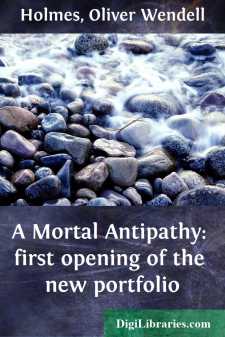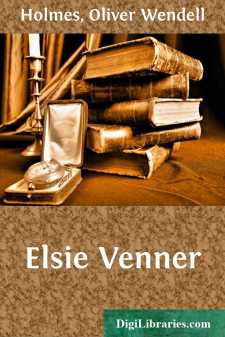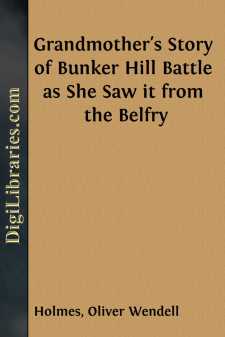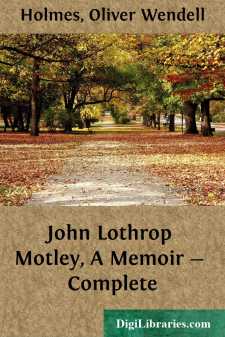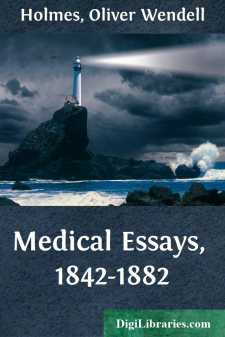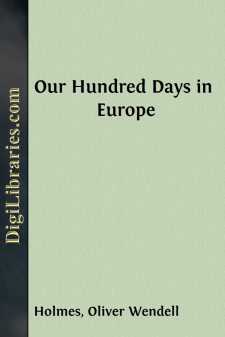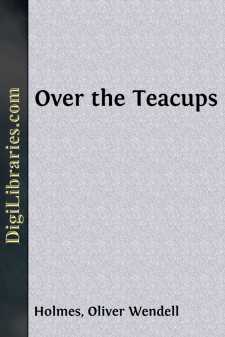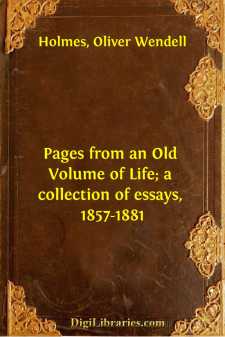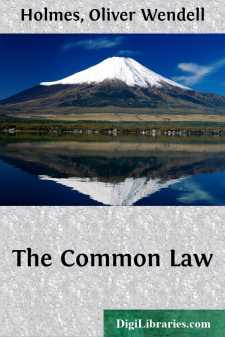Categories
- Antiques & Collectibles 13
- Architecture 36
- Art 48
- Bibles 22
- Biography & Autobiography 813
- Body, Mind & Spirit 142
- Business & Economics 28
- Children's Books 15
- Children's Fiction 12
- Computers 4
- Cooking 94
- Crafts & Hobbies 4
- Drama 346
- Education 46
- Family & Relationships 57
- Fiction 11828
- Games 19
- Gardening 17
- Health & Fitness 34
- History 1377
- House & Home 1
- Humor 147
- Juvenile Fiction 1873
- Juvenile Nonfiction 202
- Language Arts & Disciplines 88
- Law 16
- Literary Collections 686
- Literary Criticism 179
- Mathematics 13
- Medical 41
- Music 40
- Nature 179
- Non-Classifiable 1768
- Performing Arts 7
- Periodicals 1453
- Philosophy 64
- Photography 2
- Poetry 896
- Political Science 203
- Psychology 42
- Reference 154
- Religion 513
- Science 126
- Self-Help 84
- Social Science 81
- Sports & Recreation 34
- Study Aids 3
- Technology & Engineering 59
- Transportation 23
- Travel 463
- True Crime 29
Oliver Wendell Holmes
Oliver Wendell Holmes Sr. (1809-1894) was an American physician, poet, and polymath, renowned for his contributions to literature and medicine. A member of the Fireside Poets, he is best known for his humorous prose and poetry, including works like "Old Ironsides" and "The Autocrat of the Breakfast-Table." Holmes also played a significant role in medical education and practice, coining terms like "anesthesia" and advancing the understanding of contagious diseases.
Author's Books:
Sort by:
INTRODUCTION. "And why the New Portfolio, I would ask?" Pray, do you remember, when there was an accession to the nursery in which you have a special interest, whether the new-comer was commonly spoken of as a baby? Was it not, on the contrary, invariably, under all conditions, in all companies, by the whole household, spoken of as the baby? And was the small receptacle provided for it commonly...
more...
CHAPTER I. THE BRAHMIN CASTE OF NEW ENGLAND. There is nothing in New England corresponding at all to the feudal aristocracies of the Old World. Whether it be owing to the stock from which we were derived, or to the practical working of our institutions, or to the abrogation of the technical "law of honor," which draws a sharp line between the personally responsible class of "gentlemen"...
more...
'T is like stirring living embers when, at eighty, one remembersAll the achings and the quakings of "the times that tried men's souls;"When I talk of Whig and Tory, when I tell the Rebel story,To you the words are ashes, but to me they're burning coals. I had heard the muskets' rattle of the April running battle;Lord Percy's hunted soldiers, I can see their red coats...
more...
John Motley, the great-grandfather of the subject of this Memoir, came in the earlier part of the last century from Belfast in Ireland to Falmouth, now Portland, in the District, now the State of Maine. He was twice married, and had ten children, four of the first marriage and six of the last. Thomas, the youngest son by his first wife, married Emma, a daughter of John Wait, the first Sheriff of...
more...
PREFACE. The character of the opposition which some of these papers have met with suggests the inference that they contain really important, but unwelcome truths. Negatives multiplied into each other change their sign and become positives. Hostile criticisms meeting together are often equivalent to praise, and the square of fault-finding turns out to be the same thing as eulogy. But a writer has rarely...
more...
After an interval of more than fifty years, I propose taking a second look at some parts of Europe. It is a Rip Van Winkle experiment which I am promising myself. The changes wrought by half a century in the countries I visited amount almost to a transformation. I left the England of William the Fourth, of the Duke of Wellington, of Sir Robert Peel; the France of Louis Philippe, of Marshal Soult, of...
more...
INTRODUCTION This series of papers was begun in March, 1888. A single number was printed, when it was interrupted the course of events, and not resumed until nearly years later, in January, 1890. The plan of the series was not formed in my mind when I wrote the number. In returning to my task I found that my original plan had shaped itself in the underground laboratory of my thought so that some...
more...
BREAD AND THE NEWSPAPER. (September, 1861.) This is the new version of the Panem et Circenses of the Roman populace. It is our ultimatum, as that was theirs. They must have something to eat, and the circus-shows to look at. We must have something to eat, and the papers to read. Everything else we can give up. If we are rich, we can lay down our carriages, stay away from Newport or Saratoga, and adjourn...
more...
INTRODUCTION. "I have the feeling that every man's biography is at his own expense. He furnishes not only the facts, but the report. I mean that all biography is autobiography. It is only what he tells of himself that comes to be known and believed." So writes the man whose life we are to pass in review, and it is certainly as true of him as of any author we could name. He delineates...
more...
In this matter the general conclusion follows from a single instance. For the moment it is admitted that in one case knowledge of a present fact, such as the other party's intent to act on the false statement, dispenses with proof of an intent to induce him to act upon it, it is admitted that the lesser element is all that is necessary in the larger compound. For intent embraces knowledge...
more...


